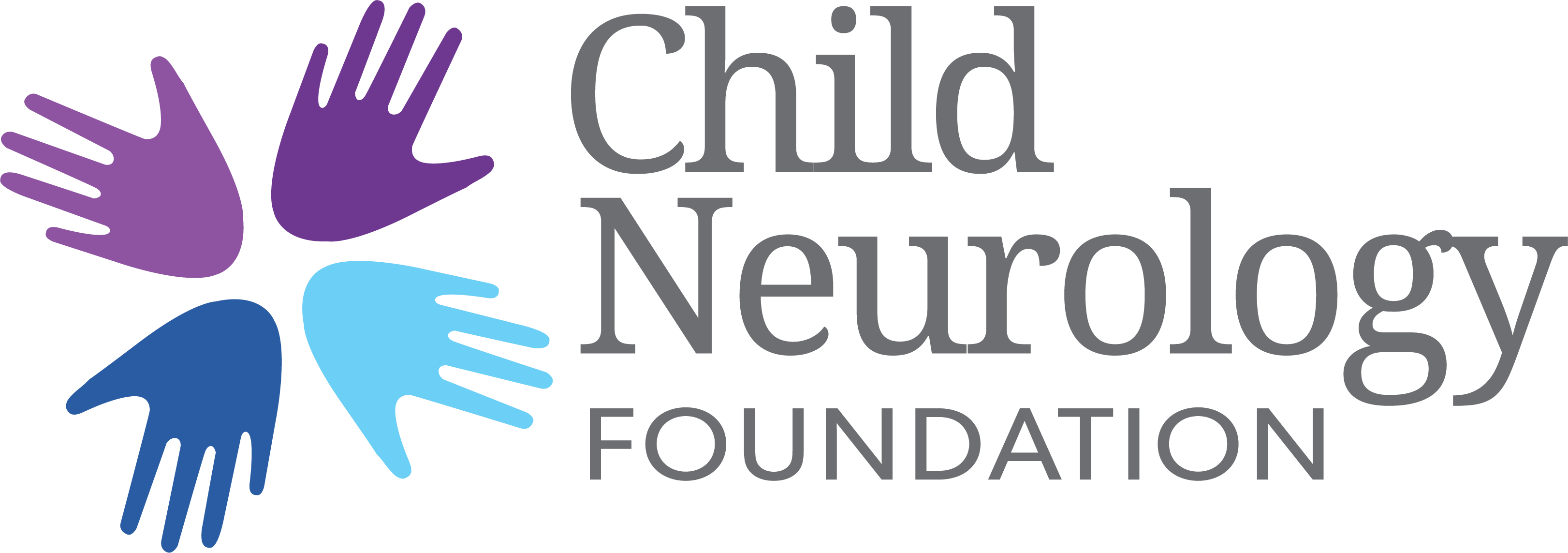
Challenges in Identifying Markers for Neurodevelopmental Disorders: Shafali Jeste, MD

The chief of neurology and co-director of the Neurological Institute at the Children’s Hospital Los Angeles provided insight on the barriers to prevent neurodevelopmental disorders and the lack of currently validated biomarkers. [WATCH TIME: 4 minutes]
WATCH TIME: 4 minutes
"We’re [currently] looking at the group level. And that’s a great start, but what we need to do now is figure out how can we scale this so that we have enough, frankly, statistical power and clinical power to be able to say, ‘that marker I found I can use reliably at an individual level.’"
In the diagnostic and statistical manual of mental disorders (DSM-5), neurodevelopment disorders (NDDs) are defined as a group of conditions with onset in the developmental period, including deficits that produce impairments of functioning. NDDs comprise intellectual disability (ID); communication disorders; autism spectrum disorder; attention-deficit/hyperactivity disorder (ADHD); neurodevelopmental motor disorders, including tic disorders; and specific learning disorders. While the rate of disease gene identification has accelerated dramatically over the past decade, there are still no validated methods to prevent or slow NDDs.
Recently, Shafali S. Jeste, MD, a neurologist at the Children’s Hospital Los Angeles (CHLA), was named the 2024 recipient of the prestigious Martha Bridge Denckla Award from the Child Neurology Society (CNS). The award, named after a physician who pioneered the field of developmental cognitive neurology, honors physician–scientists who conduct research and clinical care focused on neurodevelopmental and neurobehavioral disorders. Jeste, who also serves as the chief of neurology and co-director of the Neurological Institute at CHLA, has authored more than 200 journal papers, editorials, chapters, and abstracts, most of which are focused in this research area.
In an interview with NeurologyLive®, Jeste spoke on the true barriers to understanding and preventing NDDs in young children and infants. She discussed the hardships with clinical trials, including the inability to recruit and follow patients for long periods of time, the lack of validated biomarkers to predict whether a child may develop an NDD, and the limited amount of resources available. Jeste, who operates the Kids with Neurogenetic and Neurodevelopmental Disabilities (KiNDD) lab, stressed the need to identify differences at an individual level and the potential advantages emerging remote assessments may provide.
Newsletter
Keep your finger on the pulse of neurology—subscribe to NeurologyLive for expert interviews, new data, and breakthrough treatment updates.










